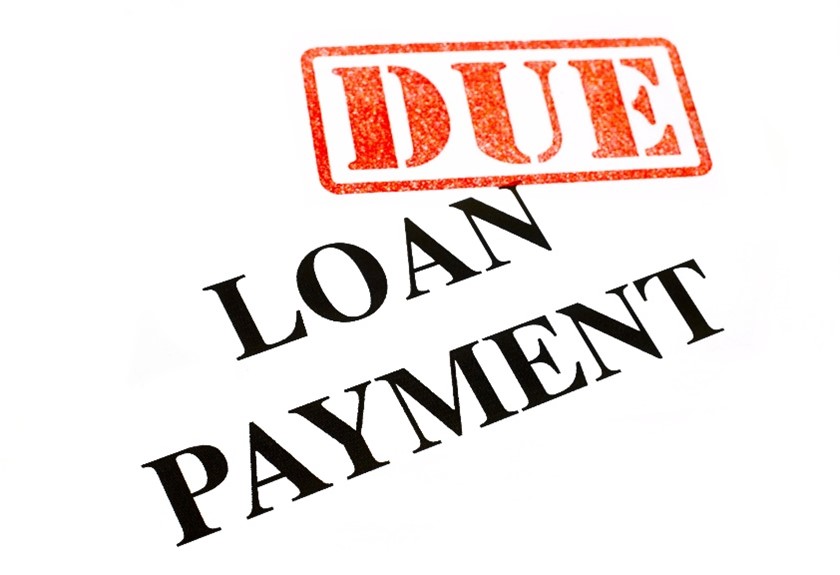How Debt Collectors Work with Consumers to Resolve Debts

Accounts Receivable Management (ARM) and debt collection professionals are always looking for solutions to outstanding debts that benefit all stakeholders.
After all, lenders offer lines of credit or loans on the promise their customers will repay them, giving them a legal right to get their money. If a borrower stops paying, lenders often call on debt collectors to recover the amount they are rightfully owed.
But naturally, there are laws and processes that debt collectors must follow.
The Three-Phase Debt Collection Process
Typically there are three parts to the debt collection process:
- Phase One — The creditor first attempts to recover the debt through their own internal debt collection process with their in-house staff. This is an ideal time for consumers to resolve their debts because there isn’t a middleman involved, ensuring the lender is still incentivized to keep their consumer-lender relationship positive.
- Phase Two — If the debt isn’t repaid, the lender will call on 3rd party debt collection agency.The debt is still owed to the original lender. Provided the debt collectors are successful in recovering the money owed, they’ll earn a commission (i.e., a percentage or flat fee).
- Phase Three — If phase two isn’t successful, the original creditor could consider writing the debt off and selling it to a collection agency (a.k.a. a debt buyer). The lender isn’t involved anymore, and the collection agency will work directly with the borrower to recoup the money.
How Debt Collectors Contact Borrowers
Debt collectors for private and commercial collections are allowed to contact delinquent borrowers via several avenues, such as phone, email, text message, and in writing.
However, the Fair Debt Collection Practices Act (FDCPA) sets out the rules that collectors must follow during the initial contact, including:
- They must identify themselves as a debt collector, stating their full name and agency address.
- They must tell the borrower the creditor’s name, the amount owed, and dispute methods.
- If they fail to provide the information on the first communication, they must send a notice with the details no later than five days from the initial contact.

Small Business Collections
Smaller businesses are the cornerstone to the American economy. These businesses can and should utilize collection agencies for small business to collect unpaid loans, debts or fees owed to the business.
These unpaid debtscan be detrimental to any small business owner and employees if left unpaid. Debt collectors for small businesses act on behalf of the small business utilizing technology and convenience to secure the unpaid money.
The Laws Surrounding Debt Collection
The FDCPA passed Congress in 1977, amending the 1968 Consumer Credit Protection Act. It sets out the complete “rulebook” that debt collectors need to abide by during the initial contact and beyond.
Collectors are legally allowed to try to collect the entire amount owed, but they’re held accountable for their actions and must conduct themselves in the manner outlined by the FDCPA.
